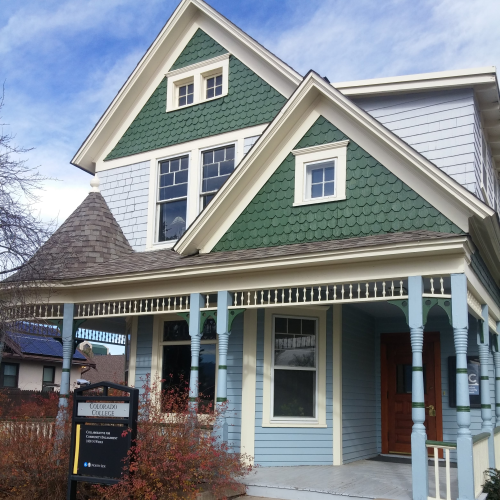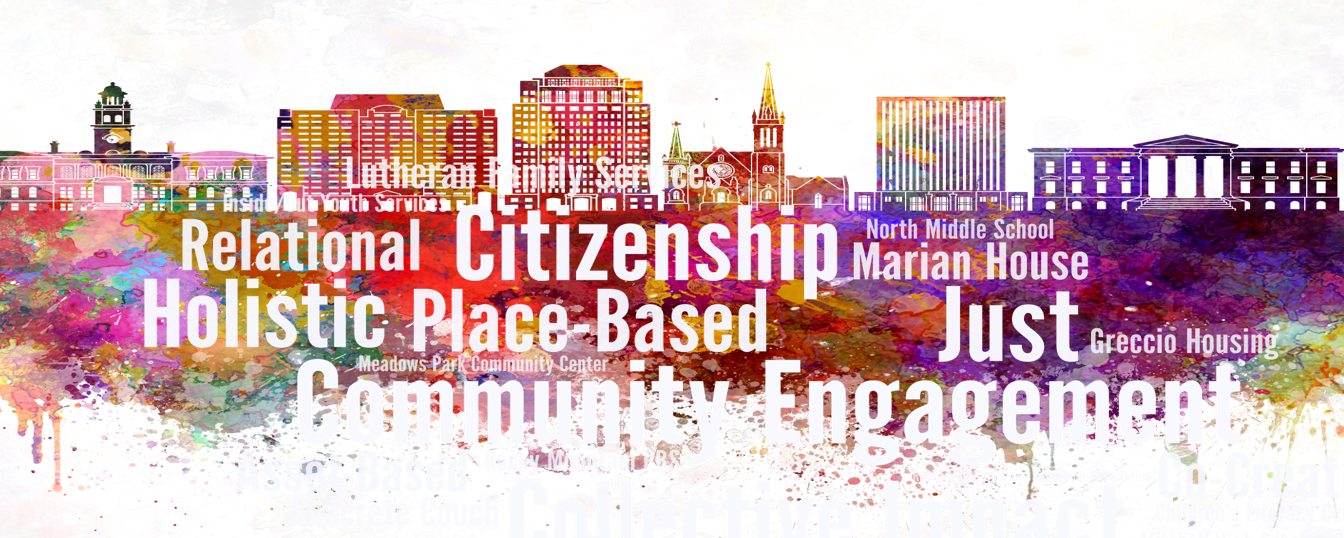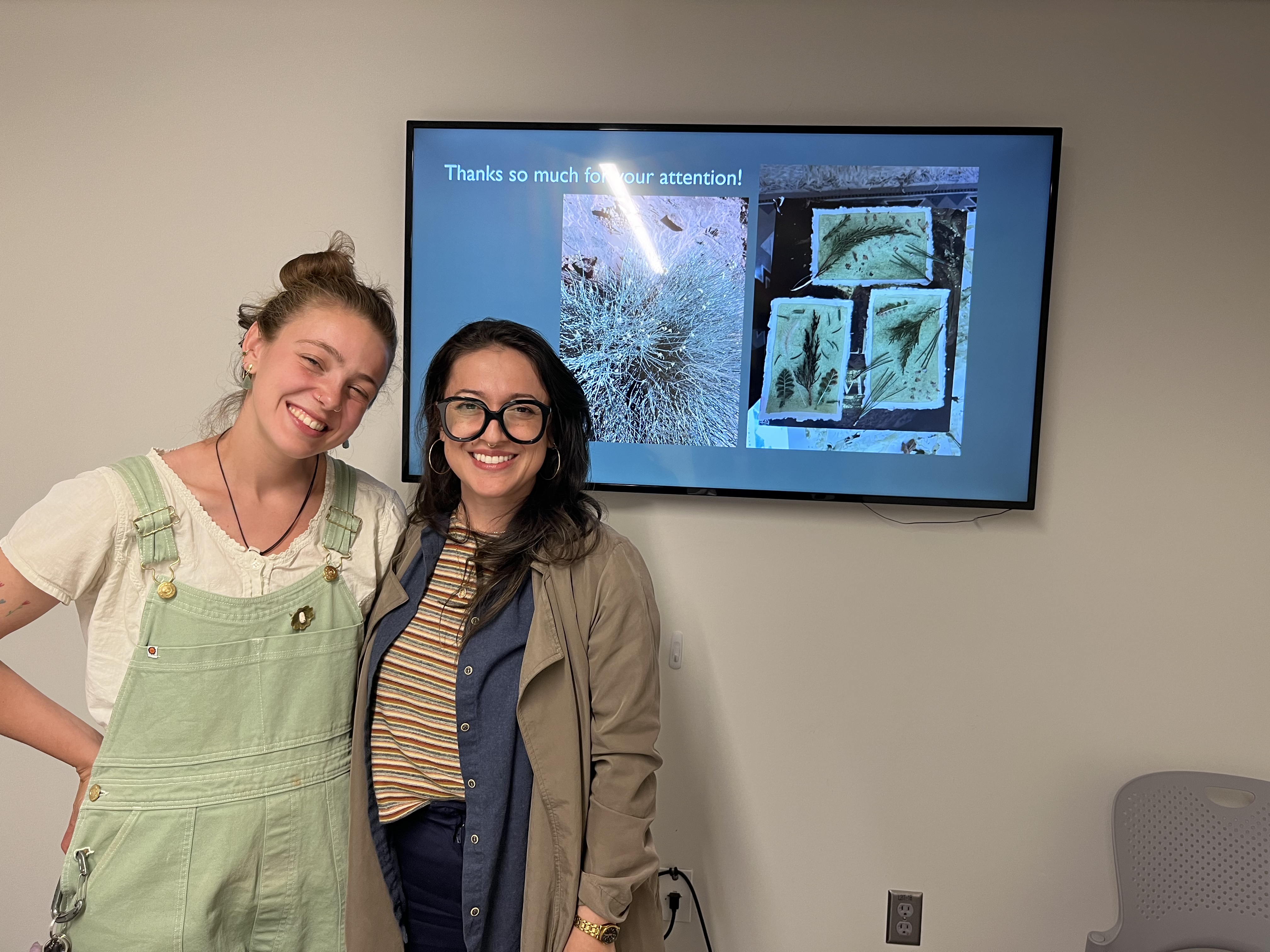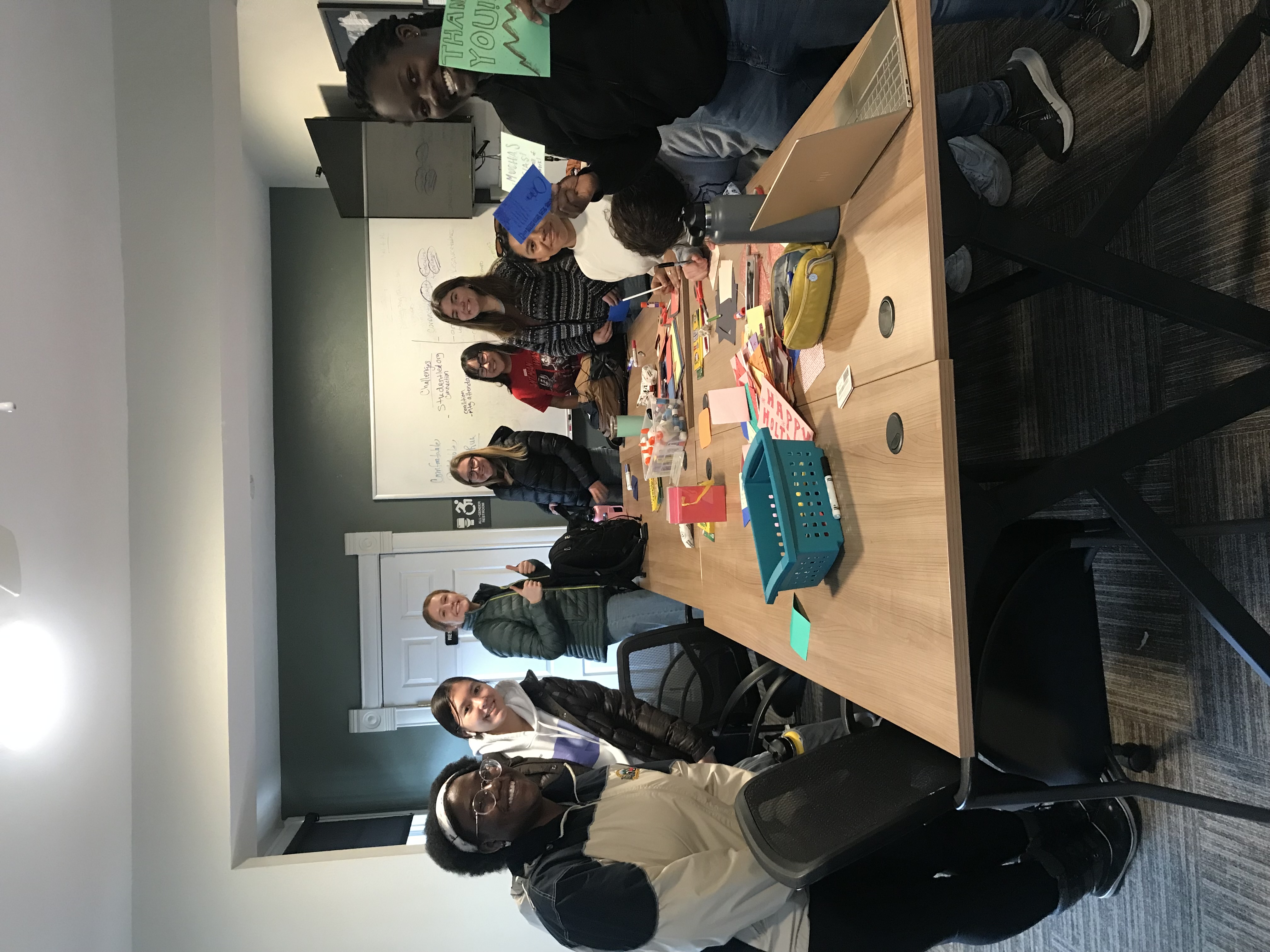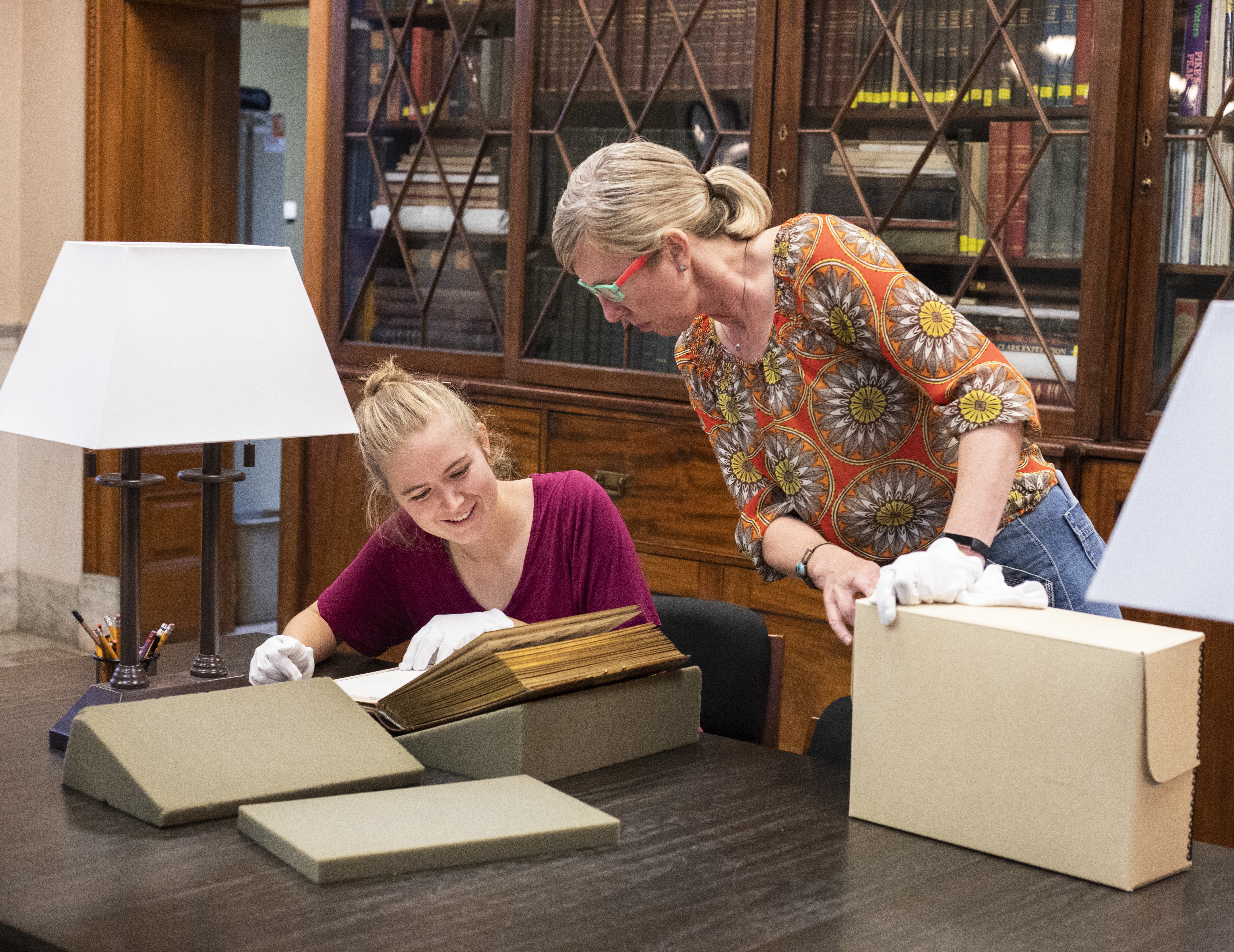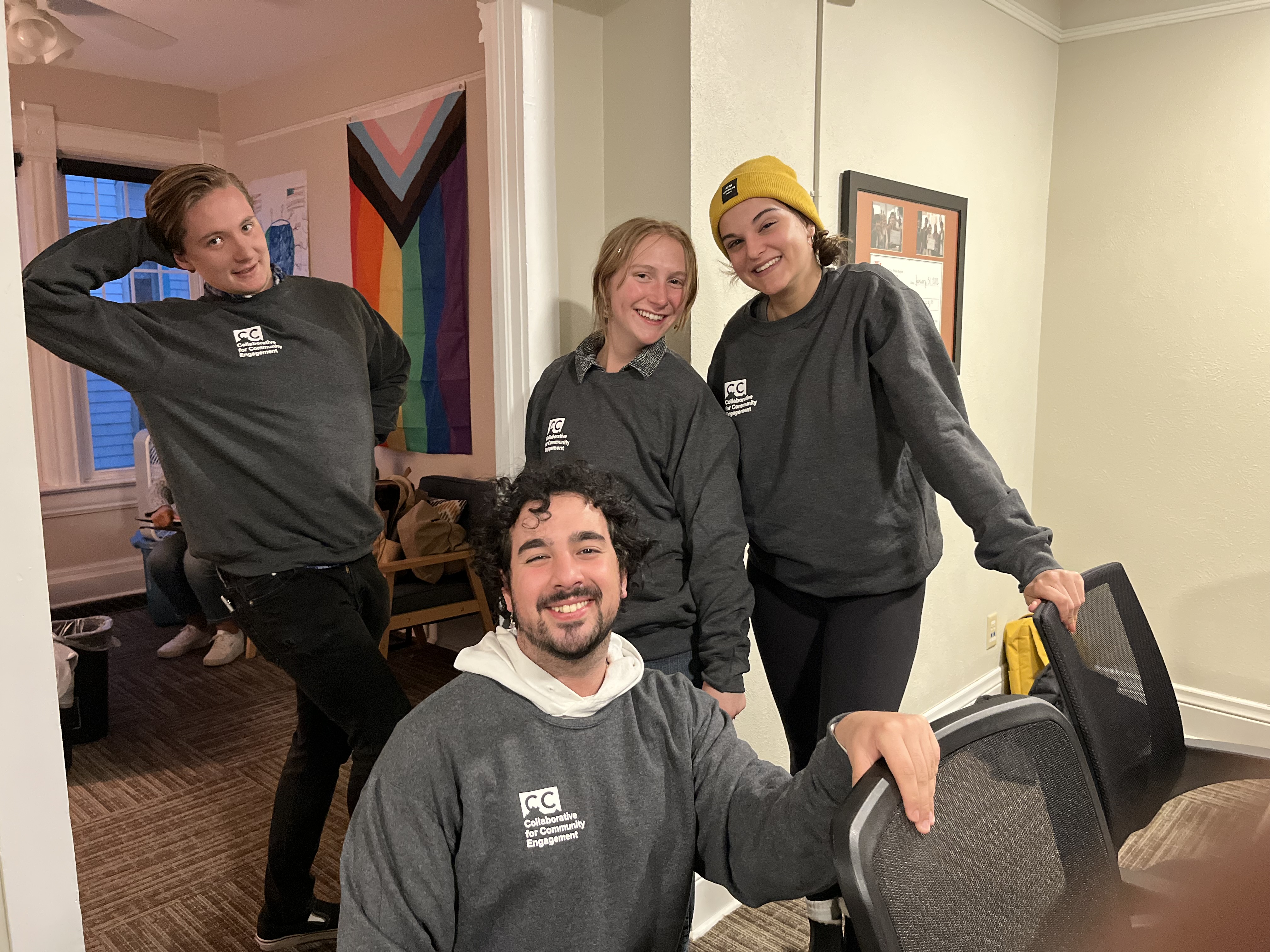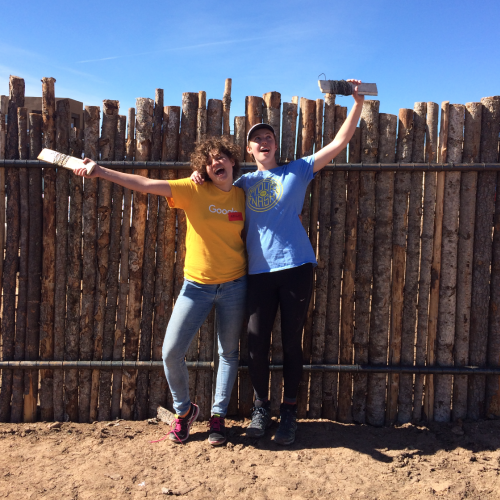
Beginning a Partnership
Introduction
What do we mean by Community Partner?
The CCE is committed to developing and deepening sustainable partnerships. We work with government at nonprofit agencies
- that operate within the Pikes Peak region, or are regional organizations with whom Colorado College has a recurring, ongoing relationship;
- whose expressed purpose is to meet an identified community need;
- that have formally* collaborated with Colorado College to address community needs
- that intend to continue these ongoing partnerships into the foreseeable future.
*By formally, we mean an institutionalized relationship that will be sustained beyond individual relationships. Examples of institutionalized relationships include partnerships through courses, co-curricular programs, or student groups run through offices or departments on campus.
Our goal is for the benefits of our partnerships to be shared equally among the community, students, and the college.
The community benefits through:
- Diversifying and increasing the volunteer pool of partner organizations
- Assistance in carrying out solutions to identified community needs
- Building positive relationships with members of the CC community
- Educating the CC community about the needs and issues that partner organizations seek to address, and in so doing inspiring action on these issues
- Raising awareness about community resources to the CC Community, increasing the network of people that can refer individuals to, or provide support to, partner organizations
- Providing access to college resources, including material resources such as space, but also immaterial resources such as an innovative, passionate, and educated student body!
Our Students benefit through:
- Opportunities to provide valuable contributions to the community
- Real-life experiences to enrich, deepen, and apply what they are learning in and outside of the classroom
- Gaining a more realistic, nuanced understanding of social problems and solutions
- Skills development and career exploration
- Fostering empathy, self-reflection, and self-awareness
- Opportunities that contribute to intellectual, moral, and social personal development
The college benefits through:
- Faculty and student engagement in meeting community needs
- Positive relationships with local communities and organizations
- A better prepared and qualified group of college graduates ready for meaningful employment, and working as change agents for the common good
- Extended knowledge of local community issues, resources, and partners
- Diverse research, enhanced teaching, and outreach to community
*Some of the language of this section was adapted from the Office of Service-Learning at Stanislaus State.
As we continue to create and strengthen community partnerships, the CCE has outlined goals that will be our focus moving forward. Following these guiding principles, we prioritize building and strengthening partnerships that meet or have the capacity to meet the following criteria:
- Progressively and measurably develop students' knowledge, skill-sets, and problem-solving abilities
- Prepares students for and shapes postgraduate experiences
- Engage community-based organizations in Colorado Springs
- Involve meaningful commitments, relationships, and outcomes
- Create shared voice and investment, shared ends and benefits
- Provide ongoing or long-term opportunities for engagement
- Meet an identified community need and is demonstrably effective
- Reflect the intersection of College and community priorities
- Harness multiple forms of engagement and mobilization
- Engage diverse stakeholders
Please note that Colorado College is on the "block" plan, which poses unique benefits and challenges to community partners. A "block" is a period in which a student takes one class for three and a half weeks, beginning on a Monday and ending on a Wednesday four weeks later. There are 4 blocks per semester (8 per year), plus an optional Half Block in the winter and three Summer Term blocks.
Classes typically meet 9 a.m. - 12 p.m., Monday through Friday, with applicable labs in the afternoon, but professors are free to schedule classes in the format they feel is most suited to the subject matter.
The block plan teaches students to explore and analyze subjects intensively, while working in teams with faculty and students to provide answers and solutions on short deadlines. This format can be beneficial to community partners in that students are posed to "dive right in" - hitting the ground running, adapting quickly, and completing projects on short timelines.
However, the schedule and rhythm of a block can pose challenges to partners. While students are often available in the afternoons, they are generally unable to perform any volunteer or service activities on weekday mornings. The rotating schedules our students face also makes it difficult to schedule long-term projects. A student may not have any afternoon commitments one block, but a lab requirement every afternoon the next. Lastly, the fourth week of each block is when our students are often giving final presentations, turning in essays, or taking their final exams. As a result, it is often more difficult to pin them down for activities on those weeks.
How can you work with the fast-paced and changing schedule our students go through?
- Plan far ahead. For a successful endeavor, aim to plan at least three weeks in advance.
- Organize training and activities that are in the afternoon or on the weekends.
- Consider if there are ways to build flexibility into your volunteer requests (e.g. offering a range of different times), to accommodate student schedules that can change from month to month.
- Find out what current students and student groups are doing. It is often easier to get incorporated into an existing program than create momentum and interest in something brand new.
- Meet with us! We can help brainstorm creative solutions to meet your organization's needs.
The CCE is unable to accommodate requests centered around financial support to community organizations for the following reasons:
- We work with too many organizations to be able to do this equitably for everyone.
- Financial support does not meet our mission of forming partnerships that support learning experiences for students and apply knowledge to real-world community needs.
- Our budget comes from tuition dollars, which obligates us to be able to make a clear case for how the event or project engages and benefits CC students; our funds should not go directly to community needs but rather to support ongoing student engagement to meet those needs.
We would be more than happy to discuss other ways that the CC community can support the mission of your organization. If you are interested, please reach out to our Community Partnerships Coordinator to set up an exploratory meeting to discuss future partnerships.
If you are seeking event sponsorship from the college please review and complete this form.
show all / hide all
CCE Pathways to Partner
We provide a variety of ways you can get involved with the CC community, including ways to partner with the CCE office or other community engagement programs on campus. Through the CCE you can submit engagement opportunities to recruit volunteers, collaborate with CC courses for experiential learning, and work with groups of students for short term or ongoing engagement.
We encourage you to consider which of these types of partnerships best suits your organization's needs and opportunities.
If you are interested in learning more about partnering with Colorado College, contact CCE Assistant Director for Community Partnerships, Niki Sosa Gallegos.
More Ways to Partner
Beyond CCE programs and initiatives there are additional opportunities to partner with Colorado College by hiring interns or partnering with the Public Interest Fellowship Program (PIFP) through the Career Center and hosting groups of new CC students through a Priddy Experience in August as part of our New Student Orientation.
If you are interested in learning more about connecting with these opportunities, contact CCE Assistant Director for Community Partnerships, Niki Sosa Gallegos.
High Impact Partner Initiative
History of the HIP Initiative
In 2017, the CCE went through a strategic planning process. Through that process, we heard interest and desire for greater cross campus collaborations and for collective impact. The Collaborative for Community Engagement has worked to increase our role in supporting relationships and community engagement across the college and as part of that work we are established a High Impact Partner Initiative. The goal for a High Impact Partner Initiative was to establish fewer and deeper partnerships - signature partnerships that multiple areas of the college can plug into and work with - with the idea that if we work together we can have a greater impact.
Spring of 2018, the CCE led a selection process to identify a cohort of 10-12 community partners for the High Impact Partner Initiative. This process was guided by our strategic plan, core values, and a committee of CC faculty and staff. That following Fall the CCE launched the HIP initiative as a developmental pathway for 11 identified organizations to deepen their relationship with the college. The 11 organizations identified were organizations already working in high impact ways or had interest and potential work in high impact ways with the college - working with multiple departments and offering diverse opportunities for our students.
The 11 High Impact Partners met on a regular basis to participate in shared learning, brainstorming, and problem solving on how to best partner with the college, how to support our students, and how to create collective impact. The CCE also made intentional efforts to connect interested student volunteers, interns, fellows, and courses to these organizations to build mutually beneficial relationships and deepen their connection to CC.
As our student programming has evolved so has our work to support community partners. The High Impact Partner Initiative has shifted from a developmental opportunity for community partners to a distinction of community partners who have engaged in developmental opportunities and are engaging in high impact work with the college.
The initial goal when the HIP Initiative launched in 2018 was to grow the list of organizations over time. We currently have 12 organizations identified as High Impact Partners as we head into a new phase of the initiative. A group of staff and faculty will work to identify new High Impact Partners annually.
All High Impact Partners will have access to developmental workshops on connecting with the college and working with our students as well as opportunities to engage in deeper conversations with other partners of the college through Communities of Practice. Our list of High Impact Partners will continue to be a resource shared with students and faculty seeking partnerships in the local community.
The initiative seeks to unite campus and community stakeholders in the work of co-creating partnerships: (1) in which students and faculty meaningfully contribute to organizational missions, (2) that provide developmental pathways that cultivate in CC students the habits and skills needed to be effective change makers in their post-graduate lives, and (3) that support the educational mission of the College though connections to teaching and research.
We seek to identify community organizations who partner with Colorado College in the following ways:
Click here to view our current list of High Impact Partners!
Interested in getting building a deep, sustainable, multifaceted, and reciprocal relationship with CC? Contact the Assistant Director for Community Partnerships, Niki Sosa.
show all / hide all
Share, Explore, & Connect with the CCE
Connect with Us
